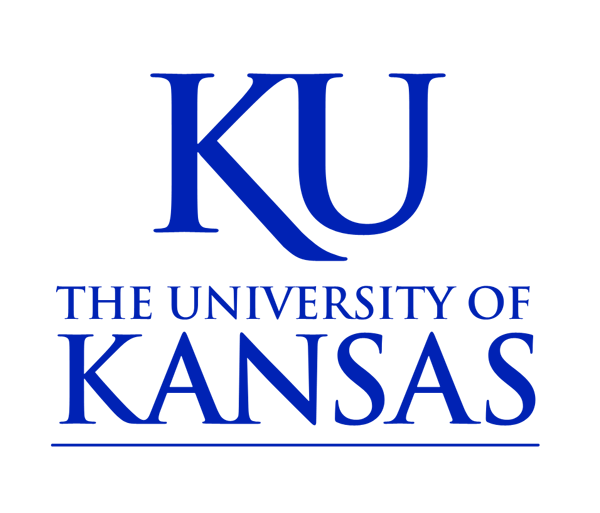успешных поступлений
университетов и бизнес-школ мира
странах работают после учебы наши выпускники
успешных поступлений
университетов и бизнес-школ мира
странах работают после учебы наши выпускники
The University of Kansas (KU) was founded in 1866 by abolitionist settlers who had moved to the area. Today KU has five campuses and is a major state-sponsored public research university fully accredited by the North Central Association/Higher Learning Commission.
KU is home to over 2,000 international students representing over 100 countries with partner organizations across the globe providing a truly international learning environment.
KU has 13 schools including the only schools of pharmacy and medicine in the state and offers more than 370 degree programs. The university has received national recognition for its urban policy and special education teaching .Particularly strong are special education, city management, speech-language pathology, rural medicine, clinical child psychology, nursing, occupational therapy and social welfare. The academic programs are supported by 12 libraries and several museums, including art and natural history.
The University of Kansas Cancer Center is the state's only designated National Cancer Institute. Eleven other major centers oversee research in life span issues, the humanities, transportation, the environment, biosciences, biodiversity, and polar ice sheets, among others.
The university is spread over five different campus areas with the main location in Lawrence and others in Wichita, Overland Park, Salina and Kansas City. Academic and administration facilities are housed in grand red-roofed buildings and more modern buildings and campus grounds are green and spacious.
Notable alumni include 3 Nobel Laureates, 13 former state governors, astronomer Clyde Tombaugh who discovered Pluto, three former NASA astronauts, Linda Z. Cook, executive director of Shell Gas & Power, part of Royal Dutch Shell, Alan Mulally, President and CEO of Ford Motor Company and many others.
A member of the prestigious Association of American Universities since 1909, KU consistently earns high rankings for its academic programs. In its 2017 list, the U.S. News & World Report ranked KU as tied for the 118th place among National Universities and the 56th place among public universities.
Top nationally ranked programs in public administration, special education, occupational therapy, speech language pathology, environmental policy and management, education, petroleum engineering and physical therapy provide outstanding undergraduate and graduate academic opportunities.
Excellent programs are available in architecture, art, business, design, education, engineering, health professions, journalism, liberal arts, law, medicine, music, nursing, pharmacy and social welfare.
The most popular majors by the number of registered students are business/marketing, health professions, communications/journalism, engineering, social sciences, visual and performing arts, biology, psychology.
The city management and urban policy program was ranked the first in the nation by U.S. News & World Report's 2016 rankings and the special education program was the second there. USN&WR also ranked several programs in the top 25 among U.S. universities.
